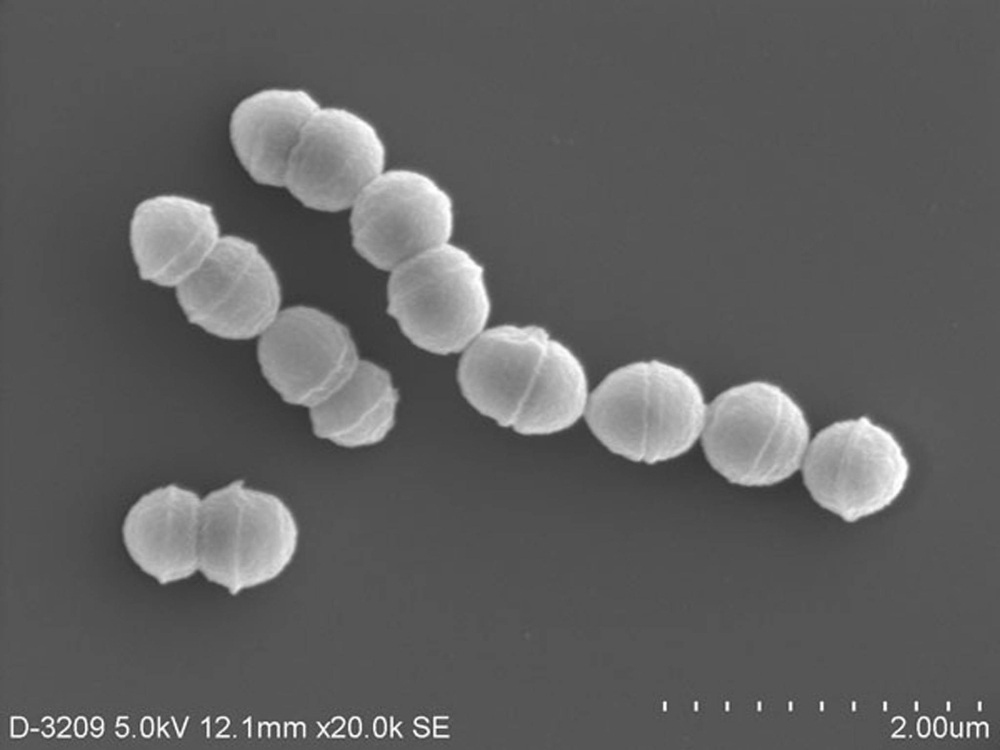- cross-posted to:
- world@lemmy.world
- cross-posted to:
- world@lemmy.world
A disease caused by a rare tissue-damaging bacteria is spreading in Japan after the country relaxed COVID-era restrictions.
Cases of streptococcal toxic shock syndrome (STSS) reached 977 this year by June 2, higher than the record 941 cases reported for all of last year, according to the National Institute of Infectious Diseases, which has been tracking incidences of the disease since 1999.
At the current rate of infections, the number of cases in Japan could reach 2,500 this year, with a mortality rate of 30%,” said Ken Kikuchi, a professor of infectious diseases at Tokyo Women’s Medical University.
"Most of the deaths happen within 48 hours,” Kikuchi said. "As soon as a patient notices swelling in (their) foot in the morning, it can expand to the knee by noon, and they can die within 48 hours.”



Or because we are comparing rates now to those when COVID restrictions were in place?
Maybe I’m not understanding you. Why not say it is up from 2021 and 2022 instead of it is up since restrictions were in place? They are linking the uptick to the easing of restrictions by highlighting that as a difference between now and then.
Hand washing was encouraged and presumably increased during the restrictions. For any other country I would assume that also meant after using the toilet people were more likely to wash hands. But how much would that have impacted that culture in Japan?